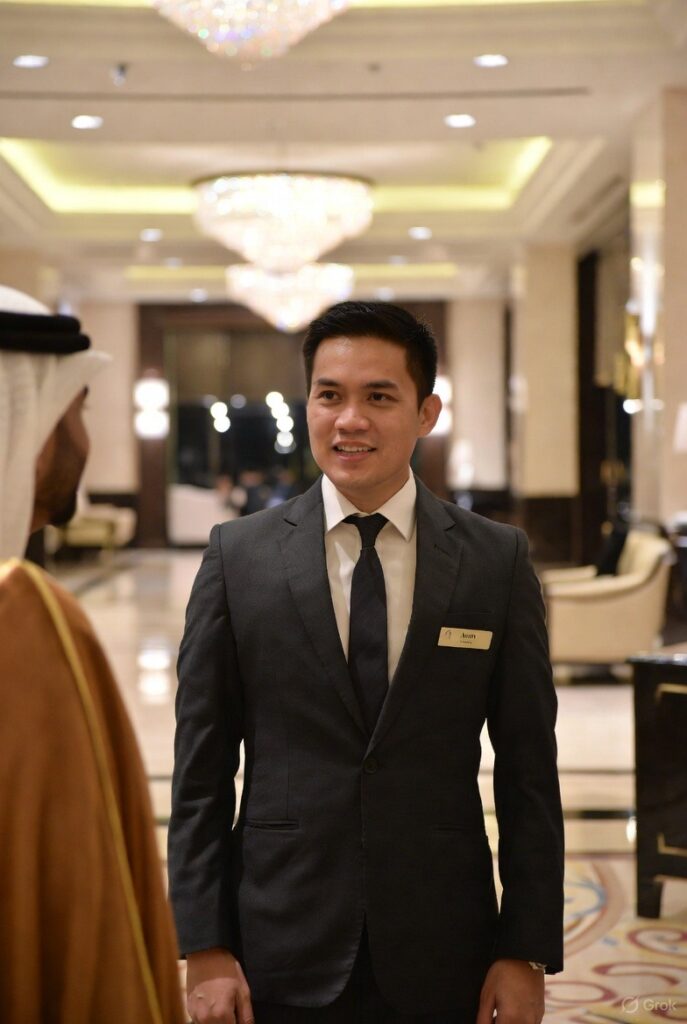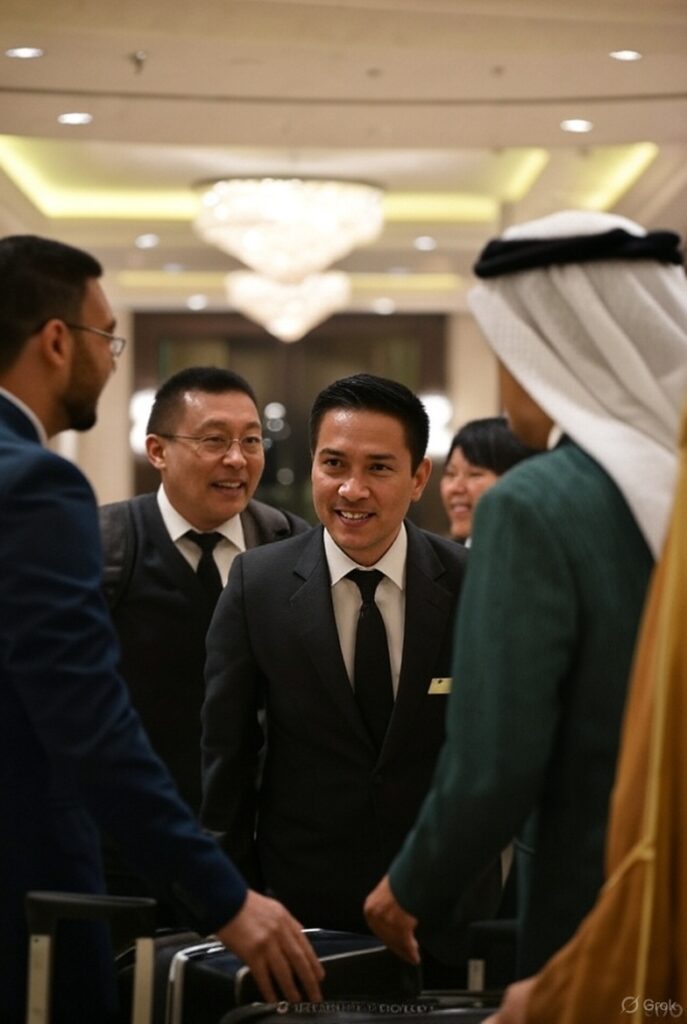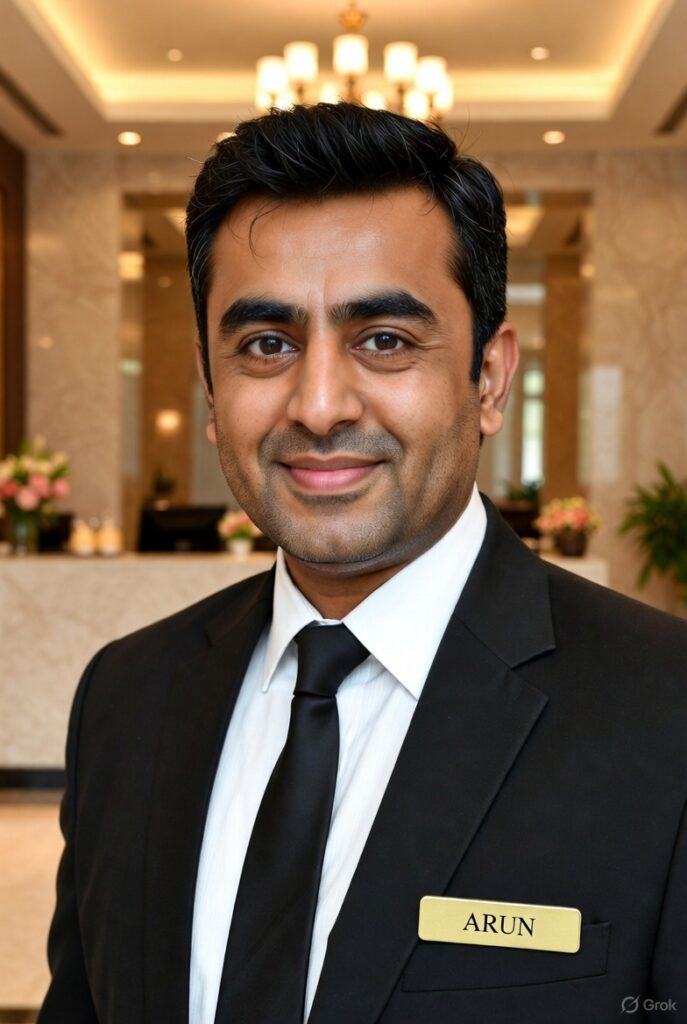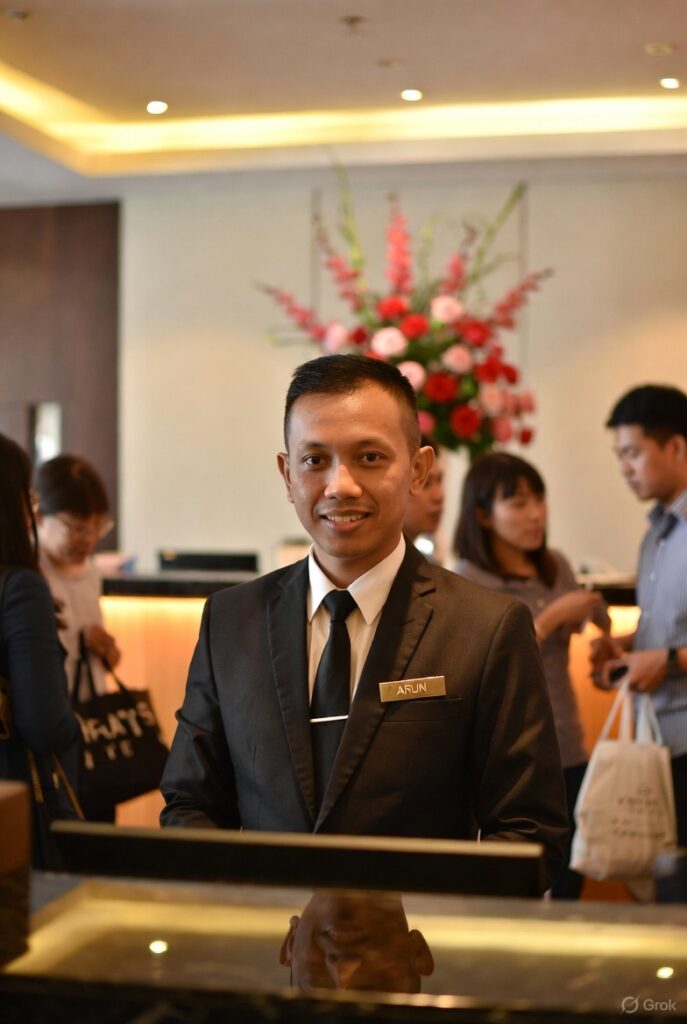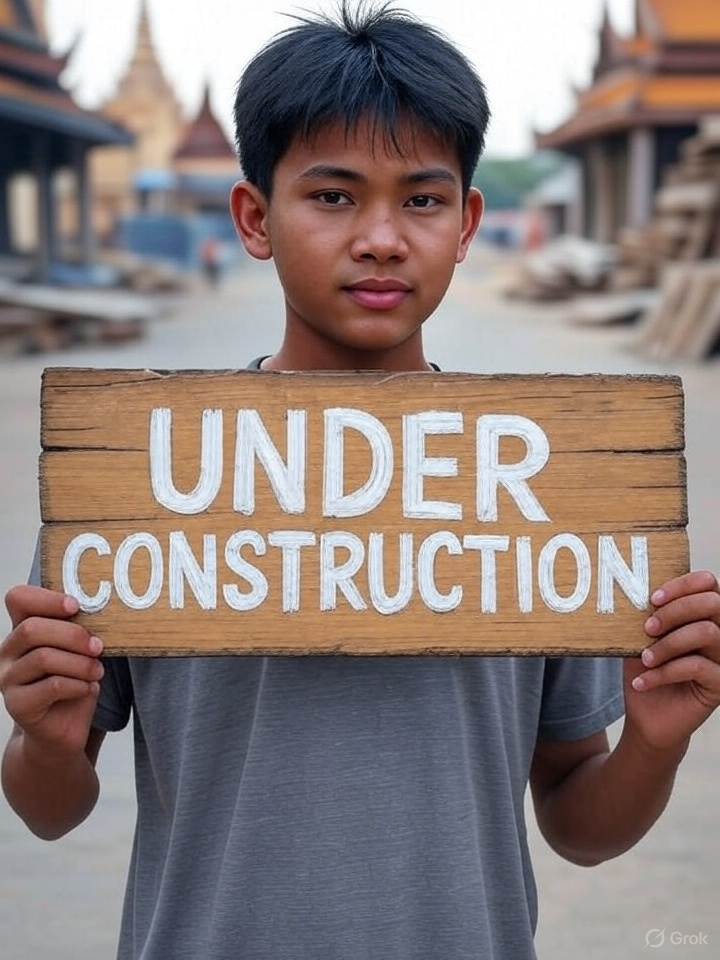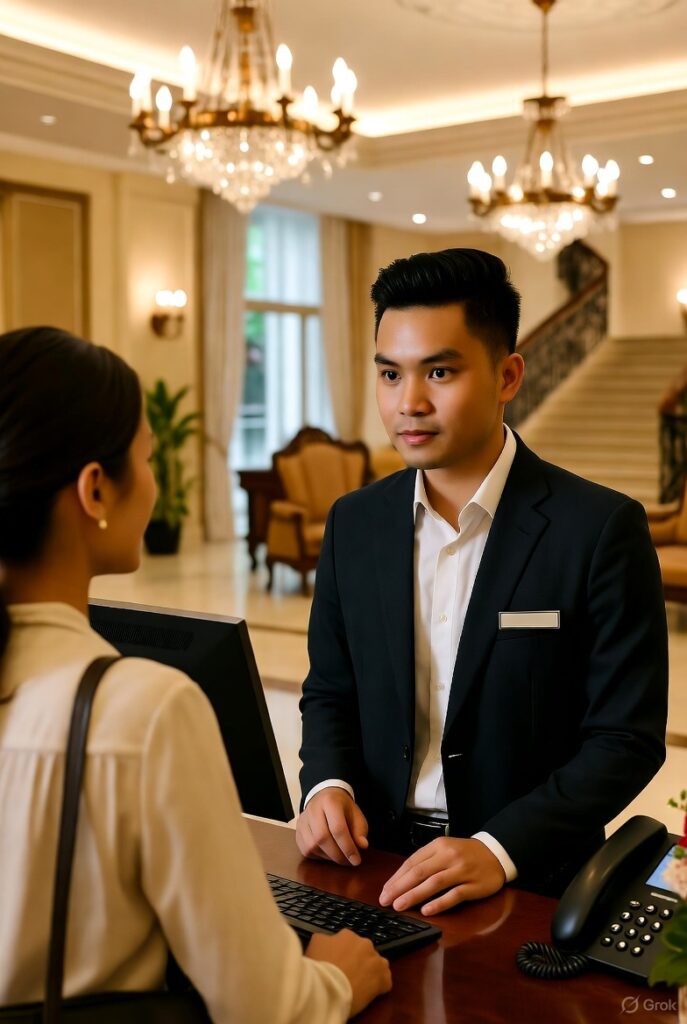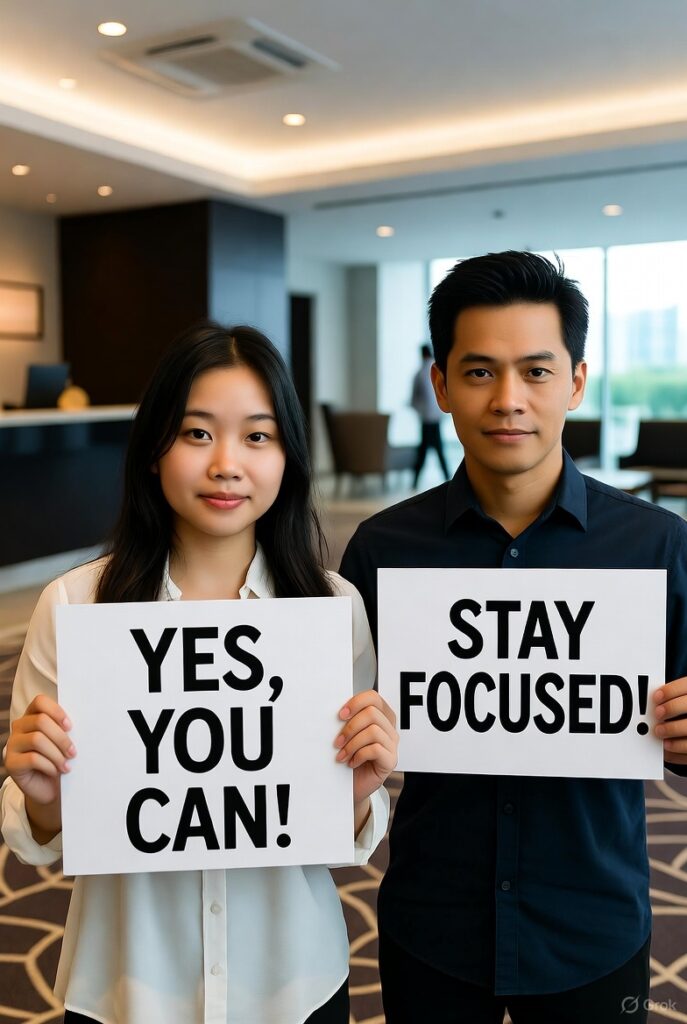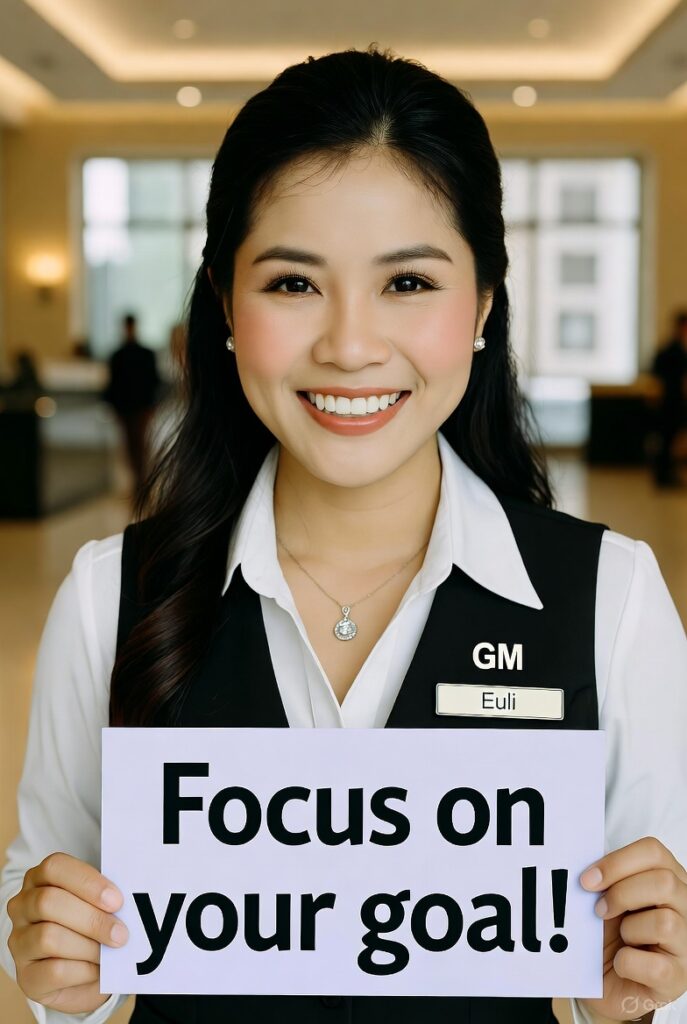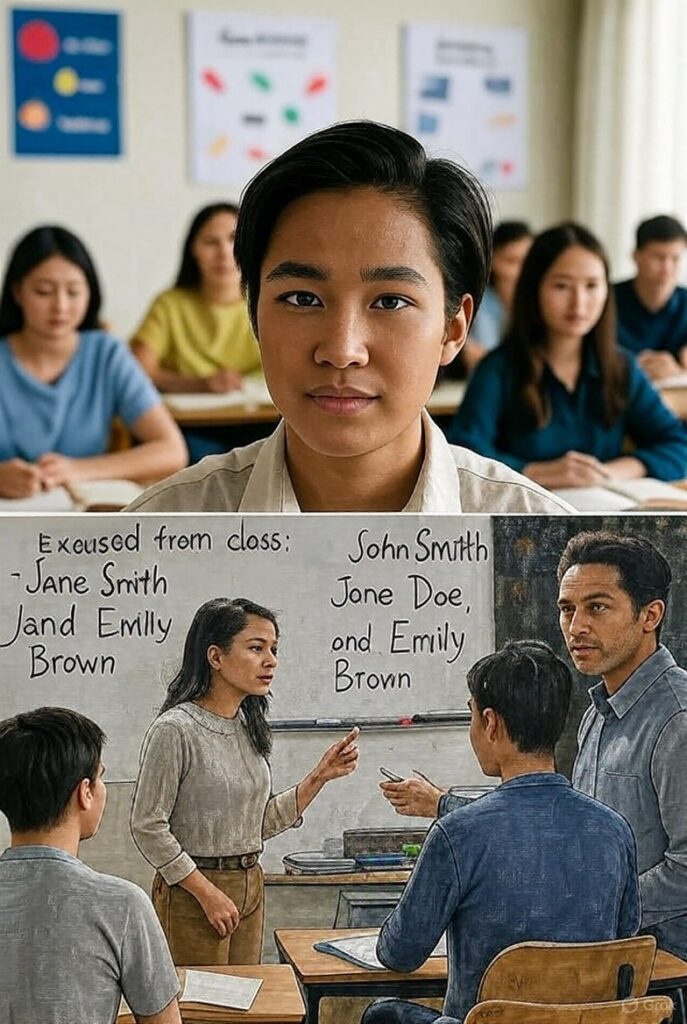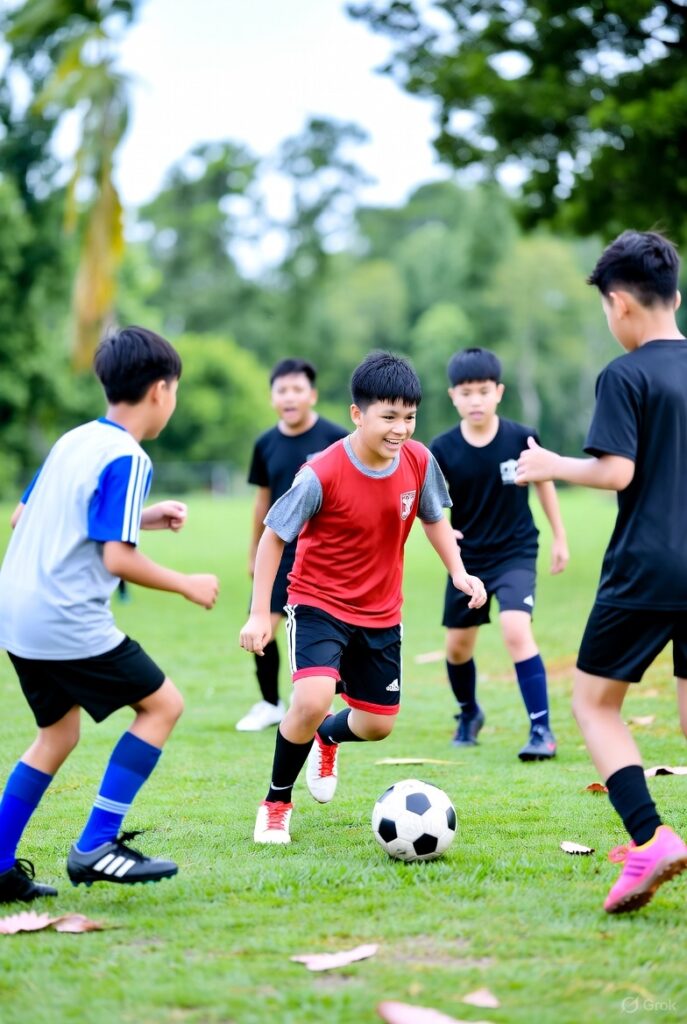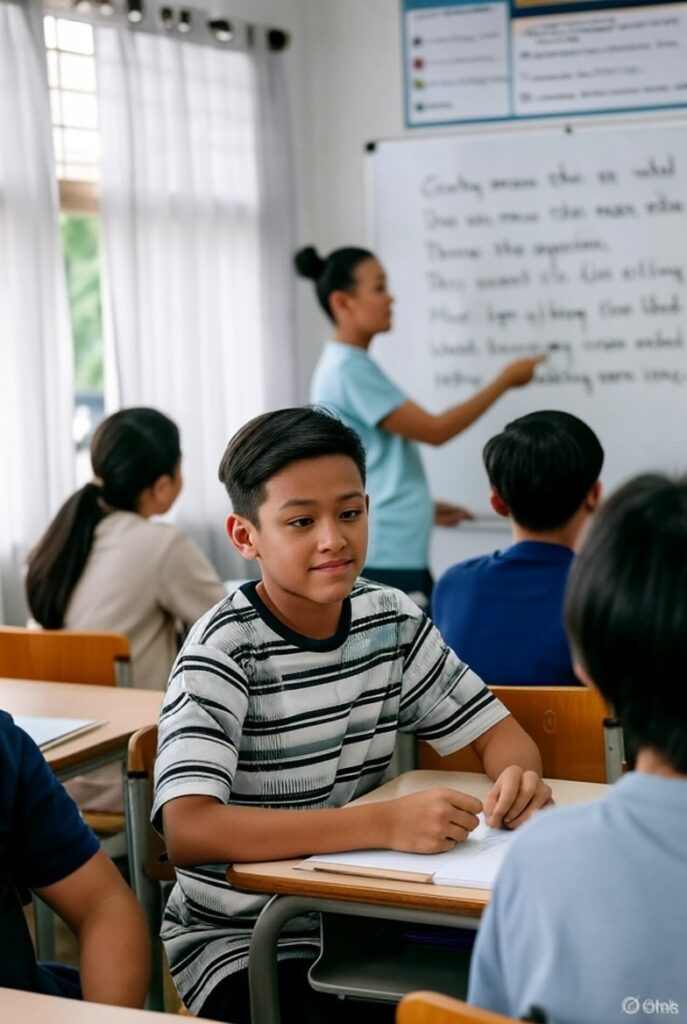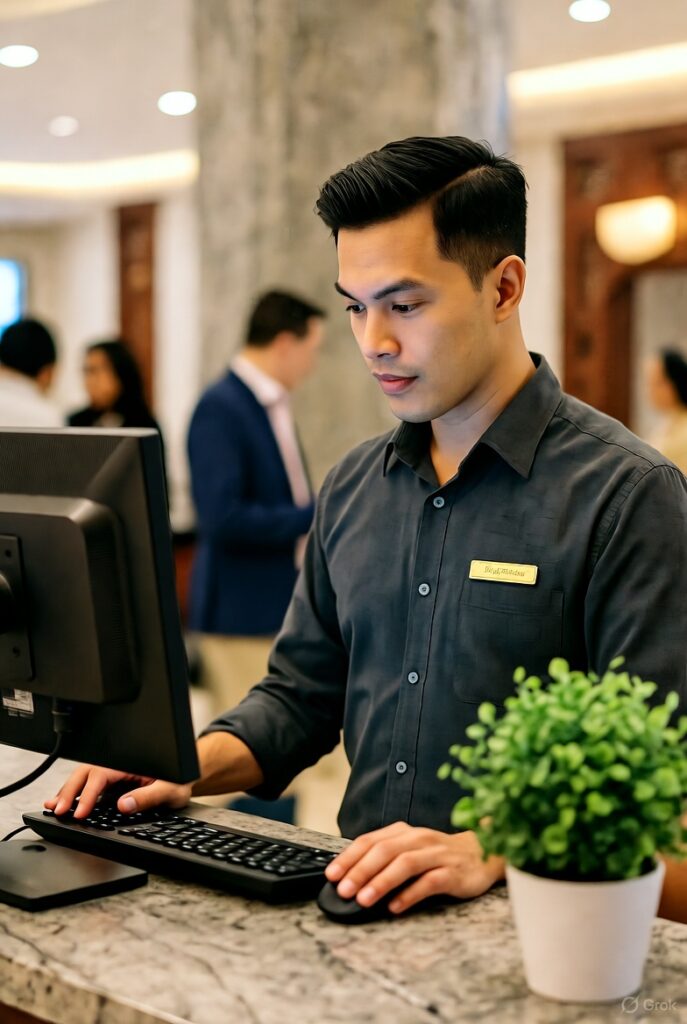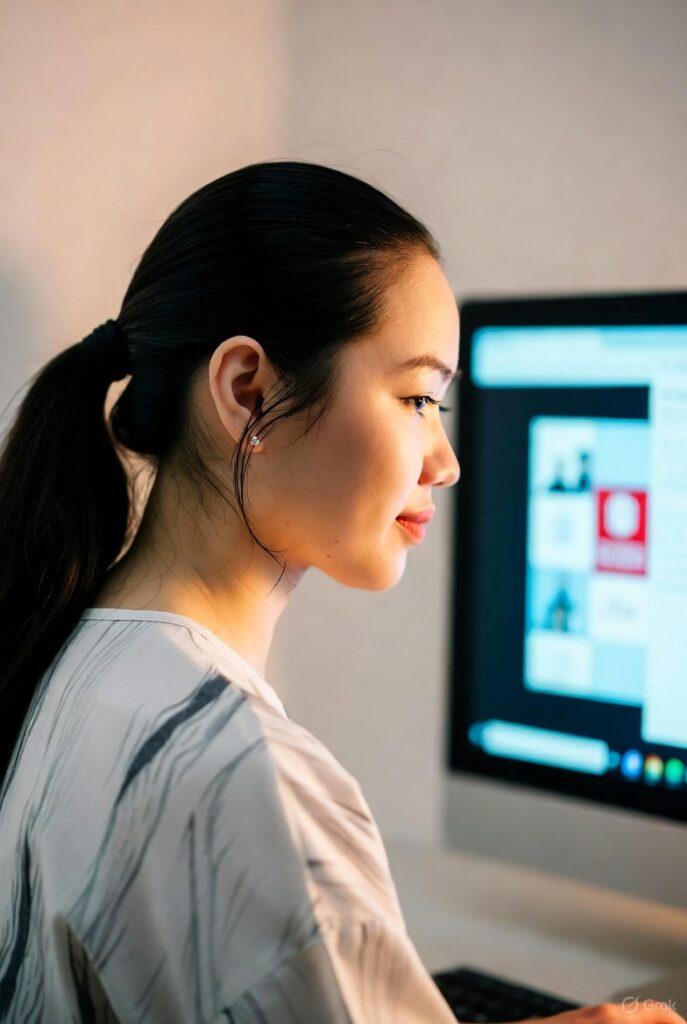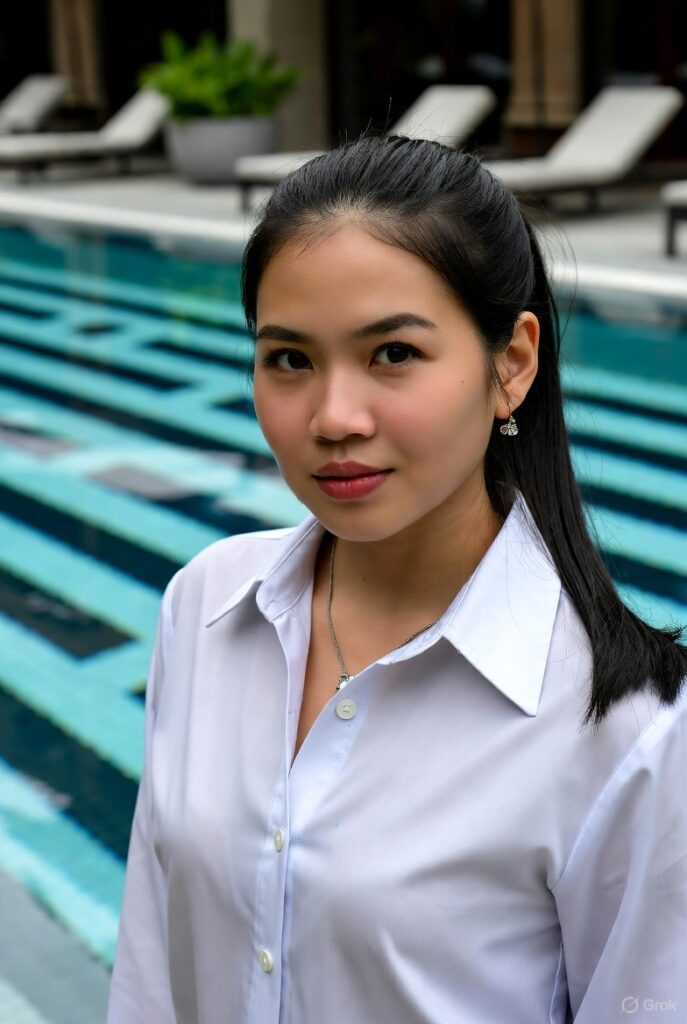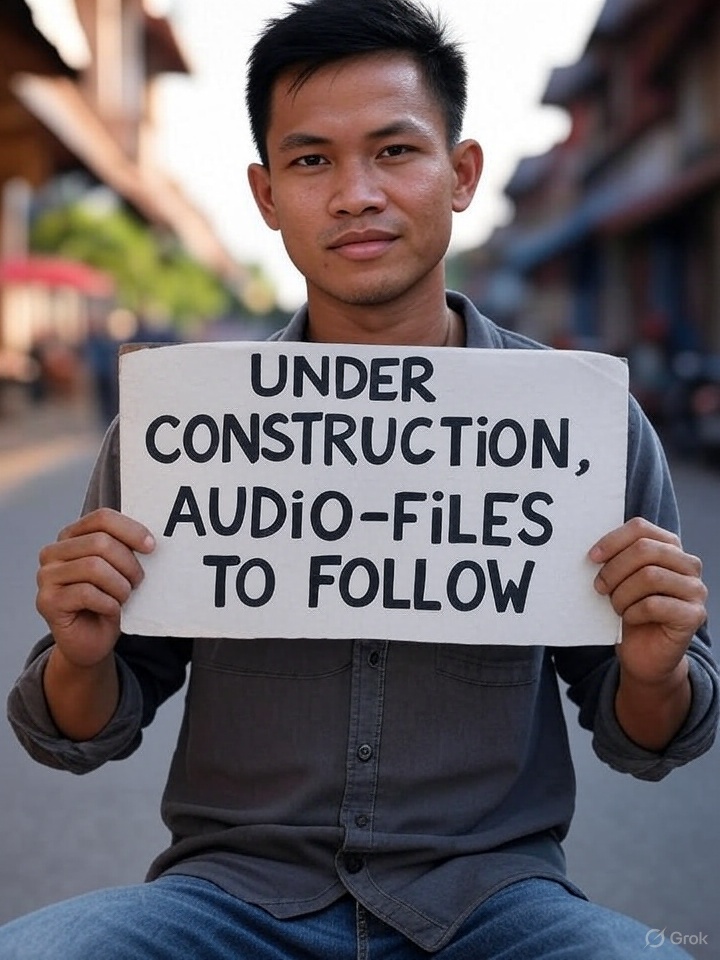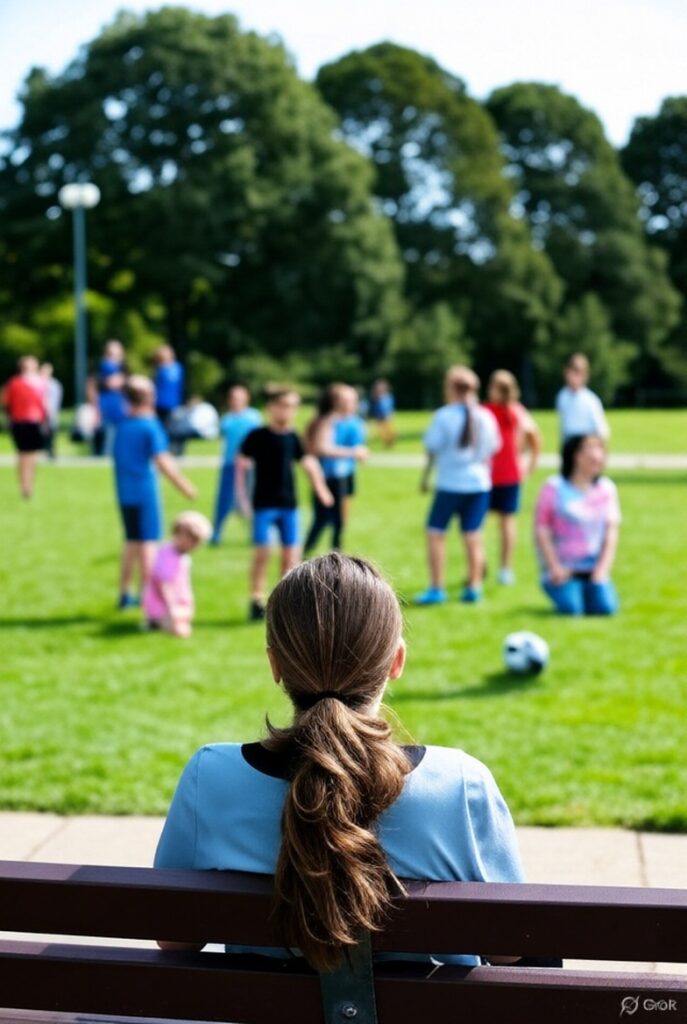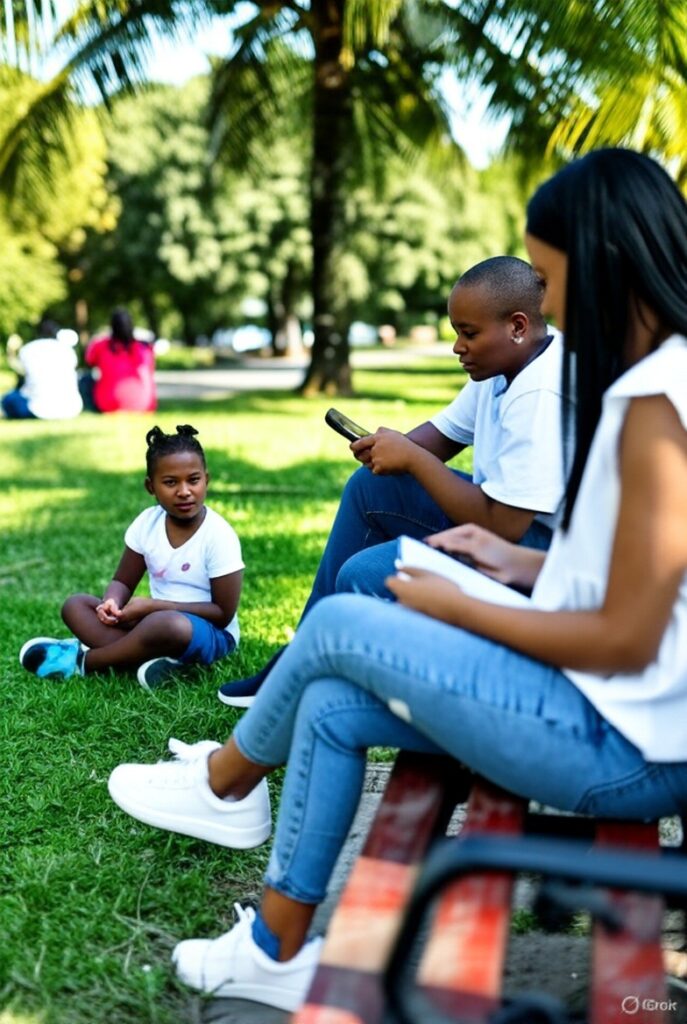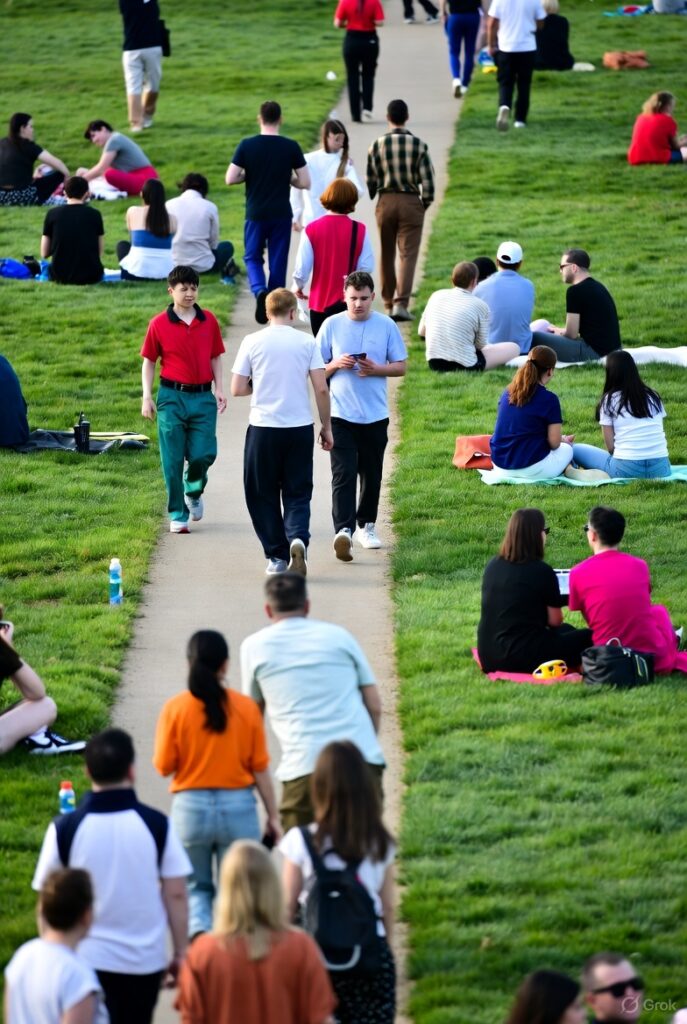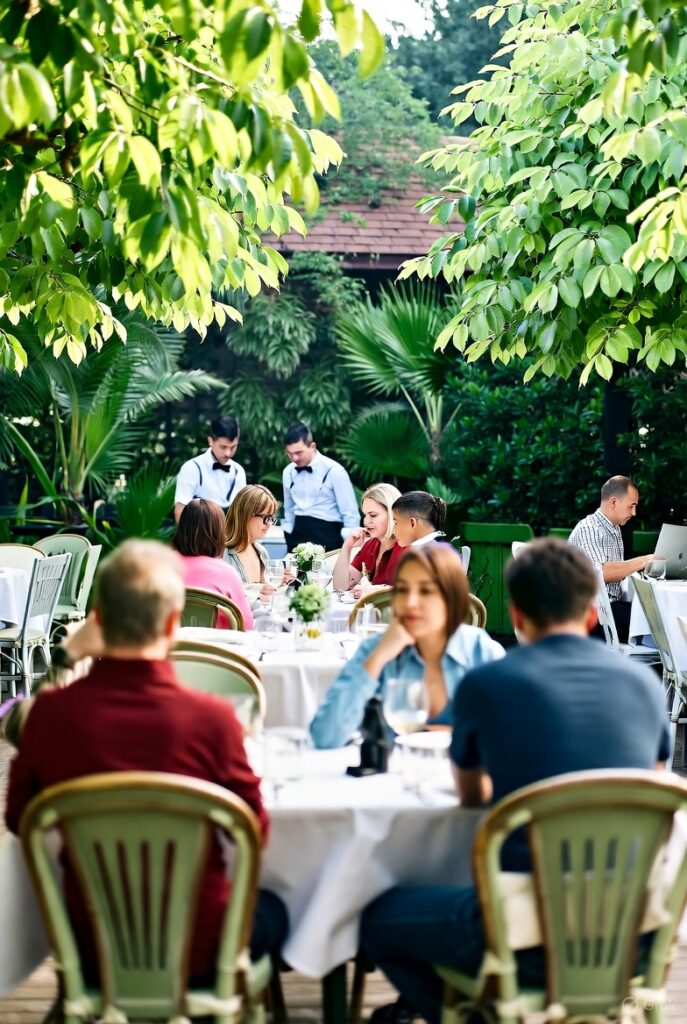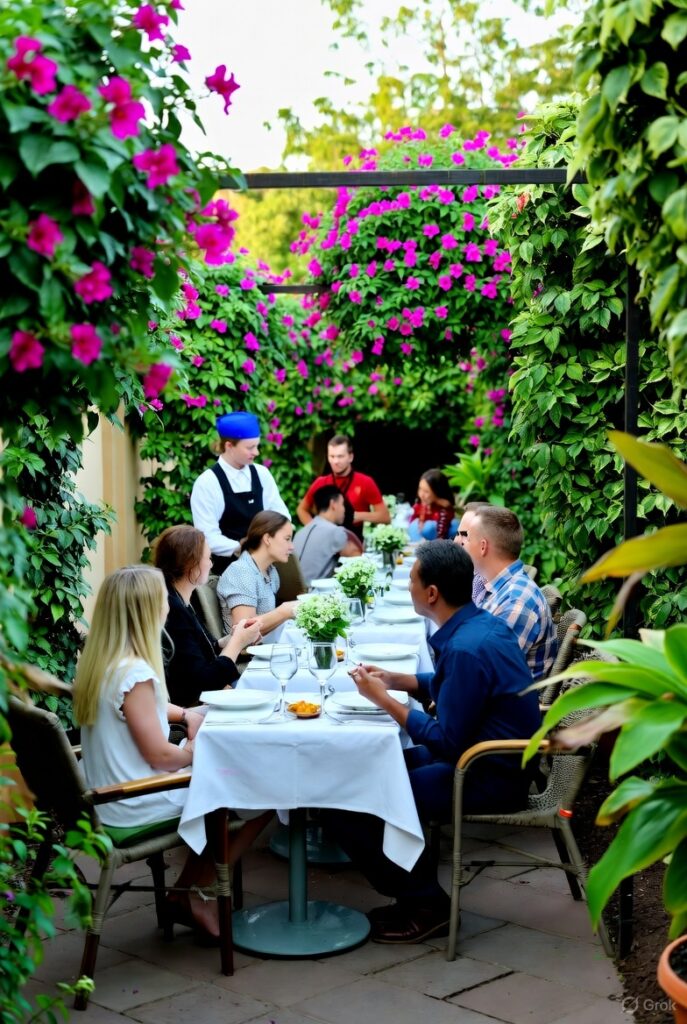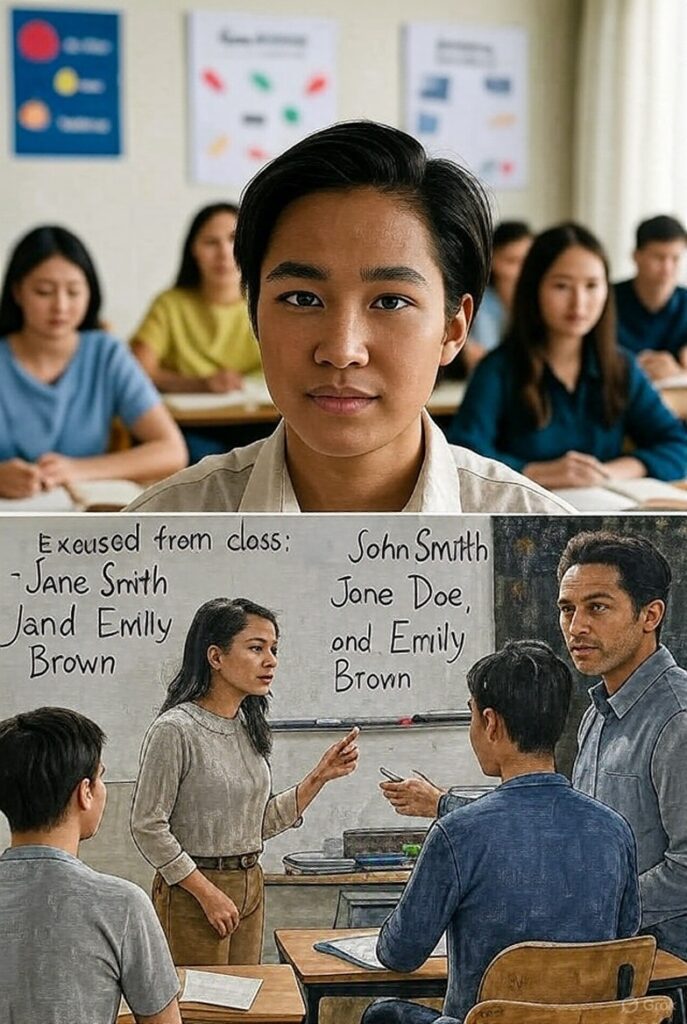
Before doing that exercise do
first !!!!!!!!!!
Anan is assistant general manager in a hotel. He remembers his time at the foundation, supporting him to live his dream.
When Anan studied at the foundation he woke up early every morning, then breakfast with his friends. At 8 o’clock he went to class. The teacher taught him English words for hotel work, like “guest,” “room,” and “clean.” He learned to say hello and welcome to visitors.
After that, Anan studied how to work in a hotel. Some days he learned about the front desk. He learned to smile, speak politely, and help guests. Other days he learned about cleaning rooms. He practiced making beds, washing towels, and keeping everything clean and nice.
At lunchtime, Anan ate with the other students. In the afternoon, he had practice time. Sometimes he worked in a small training hotel. He served drinks, carried bags, or helped in the restaurant. The teachers watched him and helped him do better.
Later, he had lessons about life and good manners. He learned how to work in a team and be kind to others.
In the evening, he studied English again or played football with his friends. After dinner, he went back to his room, read a little, and then slept. He felt happy because every day he learned something new for his future.
##################
Verbs in text, infinitive and past simple forms:
live – lived
study – studied
wake up – woke up
eat – ate
go – went
teach – taught
learn – learned
say – said
study – studied
work – worked
smile – smiled
speak – spoke
help – helped
practice – practiced
make – made
wash – washed
keep – kept
have – had
serve – served
carry – carried
watch – watched
play – played
read – read [ri:d – red]
sleep – slept
feel – felt
be – was/were
come – came
##################
Multiple choice, one answer correct:
- Where did Anan live and study?
a) At the hotel
b) At the school
c) At the foundation - What did Anan do every morning?
a) Slept very late
b) Woke up early
c) Played some games - Who did Anan eat breakfast with?
a) His friends
b) His teacher
c) His family - What time did Anan go to class?
a) At nine o’clock
b) At seven o’clock
c) At eight o’clock - What did the teacher teach Anan?
a) Drawing art
b) English words
c) Cooking food - What did Anan learn to say?
a) Hello and welcome
b) Sorry please now
c) Goodbye thanks now - What did Anan study after class?
a) Drive a car
b) Work in a hotel
c) Play some football - What did he learn at the front desk?
a) Smile and help
b) Clean the room
c) Write a list - What did he practice in the rooms?
a) Making beds
b) Read some books
c) Write some notes - Who did Anan eat lunch with?
a) The teachers
b) His friends
c) His parents - Where did Anan work sometimes?
a) A big school
b) Small training hotel
c) At a market - What did he do in the restaurant?
a) Read some books
b) Cook some food
c) Help the guests - What did the teachers do?
a) Watched him
b) Went home
c) Played games - What lessons did Anan have later?
a) Sports and games
b) Life and manners
c) Art and music - What did Anan do in the evening?
a) Went shopping
b) Slept early
c) Played football then - What did he do after dinner?
a) Read a book
b) Watched some TV
c) Went out late - How did Anan feel at the end of the day?
a) Felt tired now
b) Felt happy now
c) Felt bored now - Why was he happy?
a) He learned things
b) He went home
c) He watched TV
______________________
Answers:
1c, 2b, 3a, 4c, 5b, 6a, 7b, 8a,
9a, 10b, 11b, 12c, 13a, 14b,
15c, 16a, 17b, 18a
______________________
Correct version:
Where did Anan live and study? – At the foundation
What did Anan do every morning? – Woke up early
Who did Anan eat breakfast with? – His friends
What time did Anan go to class? – At eight o’clock
What did the teacher teach Anan? – English words
What did Anan learn to say? – Hello and welcome
What did Anan study after class? – Work in a hotel
What did he learn at the front desk? – Smile and help
What did he practice in the rooms? – Write some notes
Who did Anan eat lunch with? – His friends
Where did Anan work sometimes? – At a market
What did he do in the restaurant? – Read some books
What did the teachers do? – Played games
What lessons did Anan have later? – Life and manners
What did Anan do in the evening? – Played football then
What did he do after dinner? – Read a book
How did Anan feel at the end of the day? – Felt happy now
Why was he happy? – He learned things
###################
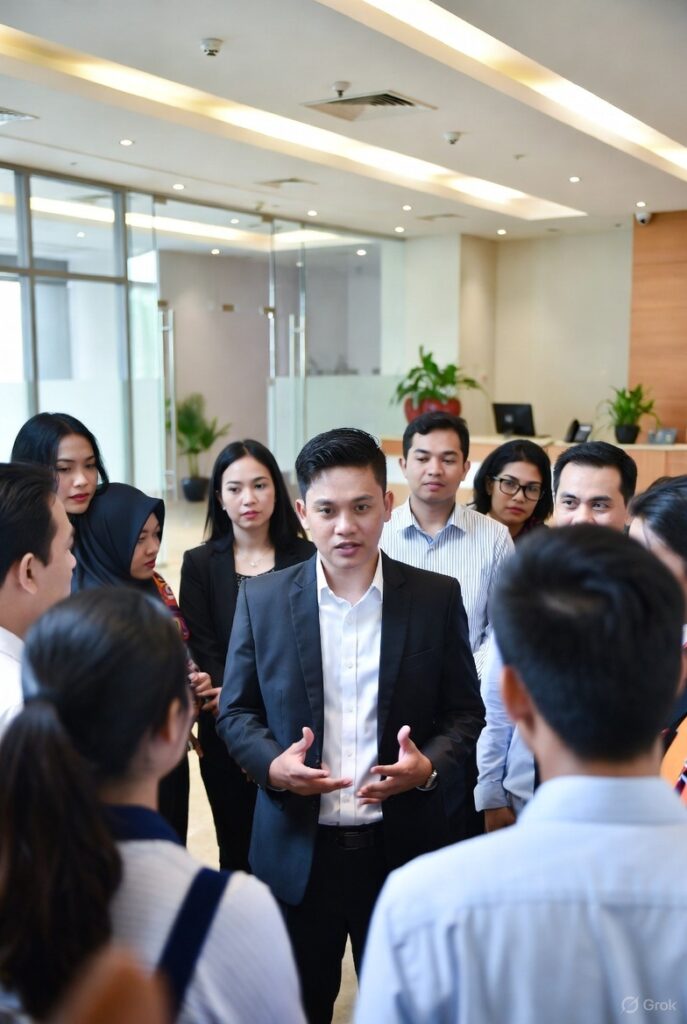
Match the word or phrase to Its definition
Words/Phrases:
- a foundation
- to wake up
- breakfast
- to teach somebody English
- to welcome a visitor
- to study
- to smile
- to speak politely
- to clean rooms
- to practice making beds
- a towel
- tidy
- lunchtime
- practice time
- to serve a drink
- to carry bags
- good manners
- to be kind
- future
Definitions:
a. a piece of cloth to dry your body or hands
b. to behave nicely and be polite
c. clean and in good order
d. to open your eyes in the morning
e. the time in the middle of the day to eat
f. to give a drink to someone
g. a place that helps people learn or get support
h. to learn and read about something
i. to help a person learn English words and speaking
j. to show happiness on your face
k. the time that comes after today
l. to say hello and make a guest feel happy to come
m. to be nice and helpful to people
n. time to do something again to get better
o. to talk in a kind and nice way
p. to take bags in your hands and move them
q. to learn how to make a bed again and again
r. to make rooms neat and not dirty
s. the first meal in the morning
________________________
Answers:
1g, 2d, 3s, 4i, 5l, 6h, 7j, 8o,
9r, 10q, 11a, 12c, 13e, 14n,
15f, 16p, 17b, 18m, 19k
________________________
Correct answers:
a foundation – a place that helps people learn or get support
to wake up – to open your eyes in the morning
breakfast – the first meal in the morning
to teach somebody English – to help a person learn English words and speaking
to welcome a visitor – to say hello and make a guest feel happy to come
to study – to learn and read about something
to smile – to show happiness on your face
to speak politely – to talk in a kind and nice way
to clean rooms – to make rooms neat and not dirty
to practice making beds – to learn how to make a bed again and again
a towel – a piece of cloth to dry your body or hands
tidy – clean and in good order
lunchtime – the time in the middle of the day to eat
practice time – time to do something again to get better
to serve a drink – to give a drink to someone
to carry bags – to take bags in your hands and move them
good manners – to behave nicely and be polite
to be kind – to be nice and helpful to people
future – the time that comes after today
####################
Multiple choice, one answer correct, provide answer in a full sentence::
- Where did Anan study? – a) At a hotel b) At a foundation c) At school
YOU WRITE:
Anan studied at a foundation. - What time did Anan wake up? – a) Late b) Early c) Noon
_________________________________ - Who did Anan eat breakfast with? – a) Friends b) Teacher c) Parents
_________________________________ - When did he go to class? – a) 8 o’clock b) 10 o’clock c) 7 o’clock
_________________________________ - What did the teacher teach? – a) Math b) English c) Art
_________________________________ - What did Anan learn to say? – a) Hello b) Goodbye c) Thanks
_________________________________ - What did Anan practice in rooms? – a) Shoes b) Meals c) Beds
_________________________________ - Who watched him at practice? – a) Teachers b) Friends c) Parents
_________________________________ - What did he do in the restaurant? – a) Serve b) Read c) Cook
_________________________________ - What did Anan learn about manners? – a) Be loud b) Be kind c) Be fast
_________________________________ - When did he play football? – a) Lunch b) Morning c) Evening
_________________________________ - What did he do after dinner? – a) Read b) Sleep c) Walk
_________________________________ - How did he feel at night? – a) Happy b) Sad c) Tired
_________________________________ - Why was he happy? – a) Played b) Watched c) Learned
_________________________________
—————————————
Answers:
1b, 2b, 3a, 4a, 5b, 6a, 7c,
8a, 9a, 10b, 11c, 12a, 13a, 14c
_________________________
Correct answers:
Where did Anan study? – Anan studied at a foundation.
What time did Anan wake up? – He woke up early.
Who did Anan eat breakfast with? – He ate breakfast with his friends.
When did he go to class? – He went to class at 8 o’clock.
What did the teacher teach? – The teacher taught him English.
What did Anan learn to say? – He learned to say hello.
What did Anan practice in rooms? – He practiced making beds.
Who watched him at practice? – The teachers watched him at practice.
What did he do in the restaurant? – He served in the restaurant.
What did Anan learn about manners? – He learned to be kind.
When did he play football? – He played football in the evening.
What did he do after dinner? – He read after dinner.
How did he feel at night? – He felt happy at night.
Why was he happy? – He was happy because he learned new things.
##################
Short answers in past simple:
| Question | Short Answer (Yes/Positive) | Short Answer (No/Negative) |
|---|---|---|
| Did she check reservations? | Yes, she did. | No, she didn’t. |
| Did she give keys to guests? | Yes, she did. | No, she didn’t. |
| Did she talk to many guests? | Yes, she did. | No, she didn’t. |
| Was she happy? | Yes, she was. | No, she wasn’t. |
| Were the guests satisfied? | Yes, they were. | No, they weren’t. |
###################
Give short answers, as shown:
- Anan was a student at a university.
YOU WRITE:
No, he wasn’t. - Anan got up early every day.
YOU WRITE:
Yes, he did.
__________________________________
- Anan studied at a foundation.
__________________________________ - He woke up very late every morning.
__________________________________ - Anan ate breakfast with his friends.
__________________________________ - He went to class at 10 o’clock.
__________________________________ - The teacher taught him English words for hotel work.
__________________________________ - He learned to say goodbye and leave visitors.
__________________________________ - Anan practiced making beds and washing towels.
__________________________________ - He worked in a large city hotel every day.
__________________________________ - The teachers watched and helped him during practice.
__________________________________ - Anan learned to be kind and have good manners.
__________________________________ - In the evening, he only slept and did nothing else.
__________________________________ - He sometimes served drinks and carried bags.
__________________________________ - Anan studied cooking and painting every day.
__________________________________ - He felt happy because he learned new things for his future.
__________________________________ - Anan was a teacher at the foundation.
__________________________________ - The students were in the city hotel every day.
__________________________________
——————————————-
Correct answers:
- Anan studied at a foundation. – Yes, he did.
- He woke up very late every morning. – No, he didn’t.
- Anan ate breakfast with his friends. – Yes, he did.
- He went to class at 10 o’clock. – No, he didn’t.
- The teacher taught him English words for hotel work. – Yes, he did.
- He learned to say goodbye and leave visitors. – No, he didn’t.
- Anan practiced making beds and washing towels. – Yes, he did.
- He worked in a large city hotel every day. – No, he didn’t.
- The teachers watched and helped him during practice. – Yes, they did.
- Anan learned to be kind and have good manners. – Yes, he did.
- In the evening, he only slept and did nothing else. – No, he didn’t.
- He sometimes served drinks and carried bags. – Yes, he did.
- Anan studied cooking and painting every day. – No, he didn’t.
- He felt happy because he learned new things for his future. – Yes, he did.
- Anan was a teacher at the foundation. – No, he wasn’t.
- The students were in the city hotel every day. – No, they weren’t.
##################
Basics in past simple:
| Personal Pronoun | Verb (Past) | Object |
|---|---|---|
| I | ate | apples |
| You | ate | apples |
| He | ate | apples |
| She | ate | apples |
| It | ate | apples |
| We | ate | apples |
| You (plural) | ate | apples |
| They | ate | apples |
| I | played | football |
| You | played | football |
| He | played | football |
| She | played | football |
| It | played | football |
| We | played | football |
| You (plural) | played | football |
| They | played | football |
| Personal Pronoun | Verb (Past Negative) | Object |
|---|---|---|
| I | did not eat | apples |
| You | did not eat | apples |
| He | did not eat | apples |
| She | did not eat | apples |
| It | did not eat | apples |
| We | did not eat | apples |
| You (plural) | did not eat | apples |
| They | did not eat | apples |
| I | did not play | football |
| You | did not play | football |
| He | did not play | football |
| She | did not play | football |
| It | did not play | football |
| We | did not play | football |
| You (plural) | did not play | football |
| They | did not play | football |
| Did + Pronoun | Verb | Object |
|---|---|---|
| Did I | eat | apples? |
| Did you | eat | apples? |
| Did he | eat | apples? |
| Did she | eat | apples? |
| Did it | eat | apples? |
| Did we | eat | apples? |
| Did you | eat | apples? |
| Did they | eat | apples? |
| Did I | play | football? |
| Did you | play | football? |
| Did he | play | football? |
| Did she | play | football? |
| Did it | play | football? |
| Did we | play | football? |
| Did you | play | football? |
| Did they | play | football? |
| Didn’t + Pronoun | Verb | Object |
|---|---|---|
| Didn’t I | eat | apples? |
| Didn’t you | eat | apples? |
| Didn’t he | eat | apples? |
| Didn’t she | eat | apples? |
| Didn’t it | eat | apples? |
| Didn’t we | eat | apples? |
| Didn’t you | eat | apples? |
| Didn’t they | eat | apples? |
| Didn’t I | play | football? |
| Didn’t you | play | football? |
| Didn’t he | play | football? |
| Didn’t she | play | football? |
| Didn’t it | play | football? |
| Didn’t we | play | football? |
| Didn’t you | play | football? |
| Didn’t they | play | football? |
######################
Correct as shown:
- Anan studied at a university.
YOU WRITE:
No, he didn’t. He studied at a foundation. - He woke up very late every morning.
_____________________________ - Anan ate breakfast alone.
_____________________________ - He went to class at 10 o’clock.
_____________________________ - The teacher taught him math.
_____________________________ - He learned to say goodbye to visitors.
_____________________________ - Anan practiced cooking every day.
_____________________________ - He worked in a large city hotel every day.
_____________________________ - The teachers ignored him during practice.
_____________________________ - Anan learned to be rude.
_____________________________ - In the evening, he only slept and did nothing else.
_____________________________ - He never served drinks or carried bags.
_____________________________ - Anan studied painting and music every day.
_____________________________ - He felt sad because he didn’t learn anything.
_____________________________ - Aan was sad in the evening.
_____________________________
—————————–
Correct answers:
He woke up very late every morning. – No, he didn’t. He woke up early.
Anan ate breakfast alone. – No, he didn’t. He ate breakfast with his friends.
He went to class at 10 o’clock. – No, he didn’t. He went to class at 8 o’clock.
The teacher taught him math. – No, he didn’t. The teacher taught him English.
He learned to say goodbye to visitors. – No, he didn’t. He learned to say hello and welcome visitors.
Anan practiced cooking every day. – No, he didn’t. He practiced making beds and cleaning rooms.
He worked in a large city hotel every day. – No, he didn’t. He sometimes worked in a small training hotel.
The teachers ignored him during practice. – No, they didn’t. The teachers watched and helped him.
Anan learned to be rude. – No, he didn’t. He learned to be kind.
In the evening, he only slept and did nothing else. – No, he didn’t. He studied English or played football with friends.
He never served drinks or carried bags. – No, he didn’t. He sometimes served drinks and carried bags.
Anan studied painting and music every day. – No, he didn’t. He studied hotel work and English.
He felt sad because he didn’t learn anything. – No, he didn’t. He felt happy because he learned new things.
Anan was sad in the evening. – No, he wasn’t. He felt happy in the evening.
#####################
Answer as shown:
- Did he start as a manager or as a student?
YOU WRITE:
He started as a student. - Did he wake up early or late every morning?
- Did he eat breakfast alone or with friends?
- Did he go to class at 8 o’clock or 10 o’clock?
- Did the teacher teach him English or math?
- Did he learn to say hello or goodbye to visitors?
- Did he practice making beds or cooking every day?
- Did he work in a large hotel or a small training hotel?
- Did the teachers help him or ignore him?
- Did he play football in the evening or morning?
- Did he read after dinner or go straight to sleep?
- Was Anan happy or sad at night?
- Was the teacher strict or kind?
- Were the students in a large hotel or a small training hotel?
_____________________
Correct answers:
Did he start as a manager or as a student? – He started as a student.
Did he wake up early or late every morning? – He woke up early every morning.
Did he eat breakfast alone or with friends? – He ate breakfast with his friends.
Did he go to class at 8 o’clock or 10 o’clock? – He went to class at 8 o’clock.
Did the teacher teach him English or math? – The teacher taught him English.
Did he learn to say hello or goodbye to visitors? – He learned to say hello and welcome visitors.
Did he practice making beds or cooking every day? – He practiced making beds and cleaning rooms.
Did he work in a large hotel or a small training hotel? – He worked in a small training hotel.
Did the teachers help him or ignore him? – The teachers helped him.
Did he play football in the evening or morning? – He played football in the evening.
Did he read after dinner or go straight to sleep? – He read after dinner.
Was Anan happy or sad at night? – Anan was happy at night.
Was the teacher strict or kind? – The teacher was kind.
Were the students in a large hotel or a small training hotel? – The students were in a small training hotel.
##################
Answer in complete sentences:
- Where did Anan study?
- What did Anan eat in the morning?
- When did Anan wake up?
- Who did he eat breakfast with?
- What time did he go to class?
- What did the teacher teach him?
- What did Anan learn to say?
- What did he practice in the rooms?
- Who helped him at practice?
- What did he do in the restaurant?
- How did Anan feel at night?
- Why was he happy?
- When did he play football?
- Where did he sometimes work?
______________________
Correct answers:
Where did Anan study? – Anan studied at a foundation.
What did Anan eat in the morning? – He ate breakfast.
When did Anan wake up? – He woke up early.
Who did he eat breakfast with? – He ate breakfast with his friends.
What time did he go to class? – He went to class at 8 o’clock.
What did the teacher teach him? – The teacher taught him English.
What did Anan learn to say? – He learned to say hello and welcome visitors.
What did he practice in the rooms? – He practiced making beds and cleaning rooms.
Who helped him at practice? – The teachers helped him.
What did he do in the restaurant? – He served drinks and carried bags.
How did Anan feel at night? – He felt happy.
Why was he happy? – He was happy because he learned new things.
When did he play football? – He played football in the evening.
Where did he sometimes work? – He sometimes worked in a small training hotel.
##################
Correct as shown:
- Anan got up late every day.
YOU WRITE:
No, he didn’t get up early every day. Aran got up early every day. - He ate breakfast alone.
______________________________ - He went to class at 10 o’clock.
______________________________ - The teacher taught him math.
______________________________ - He learned to say goodbye to visitors.
______________________________ - He practiced cooking every day.
______________________________ - He worked in a large city hotel every day.
______________________________ - The teachers ignored [to not pay attention to someone or something] him during practice.
______________________________ - He learned to be rude [very unfriendly].
______________________________ - In the evening, he only slept and did nothing else.
______________________________ - He never served drinks or carried bags.
______________________________ - Anan studied painting and music every day.
______________________________ - He felt sad because he didn’t learn anything.
______________________________ - He was sad in the evening.
______________________________
—————————-
Correct answers:
- Anan got up late every day. – No, he didn’t get up late every day. He got up early.
- He ate breakfast alone. – No, he didn’t eat breakfast alone. He ate breakfast with his friends.
- He went to class at 10 o’clock. – No, he didn’t go to class at 10 o’clock. He went to class at 8 o’clock.
- The teacher taught him math. – No, the teacher didn’t teach him math. The teacher taught him English.
- He learned to say goodbye to visitors. – No, he didn’t learn to say goodbye to visitors. He learned to say hello and welcome visitors.
- He practiced cooking every day. – No, he didn’t practice cooking every day. He practiced making beds and cleaning rooms.
- He worked in a large city hotel every day. – No, he didn’t work in a large city hotel every day. He sometimes worked in a small training hotel.
- The teachers ignored him during practice. – No, the teachers didn’t ignore him during practice. They watched and helped him.
- He learned to be rude. – No, he didn’t learn to be rude. He learned to be kind.
- In the evening, he only slept and did nothing else. – No, he didn’t only sleep in the evening. He studied English or played football.
- He never served drinks or carried bags. – No, he didn’t never serve drinks or carry bags. He sometimes served drinks and carried bags.
- Anan studied painting and music every day. – No, he didn’t study painting and music every day. He studied hotel work and English.
- He felt sad because he didn’t learn anything. – No, he didn’t feel sad because he didn’t learn anything. He felt happy because he learned new things.
- He was sad in the evening. – No, he wasn’t sad in the evening. He felt happy in the evening.
########################
Fill in, words below:
ate – practice – foundation – learned – taught –
read – carried -morning – happy – early –
welcome – evening –
time – cleaning
——————————–
Interviewer: Hi Anan! Can I ask you some questions about your day?
Anan: Yes, of course!
- Interviewer: Where did you study?
Anan: I studied at a __________. - Interviewer: What time did you wake up?
Anan: I woke up __________ every morning. - Interviewer: What did you eat in the __________?
Anan: I ate breakfast. - Interviewer: Who did you eat breakfast with?
Anan: I _________ breakfast with my friends. - Interviewer: What __________ did you go to class?
Anan: I went to class at 8 o’clock. - Interviewer: What did the teacher teach you?
Anan: The teacher __________ me English. - Interviewer: What did you learn to say?
Anan: I learned to say hello and _________ visitors. - Interviewer: What did you practice in the rooms?
Anan: I practiced making beds and __________ rooms. - Interviewer: Who helped you during __________?
Anan: The teachers helped me. - Interviewer: What did you do in the restaurant?
Anan: I served drinks and __________ bags. - Interviewer: Did you play football?
Anan: Yes, I played football in the _________. - Interviewer: What did you do after dinner?
Anan: I __________ after dinner. - Interviewer: How did you feel at night?
Anan: I felt __________ at night. - Interviewer: Why were you happy?
Anan: I was happy because I __________ new things.
—————————–
Correct version:
Interviewer: Hi Anan! Can I ask you some questions about your day?
Anan: Yes, of course!
- Interviewer: Where did you study?
Anan: I studied at a foundation. - Interviewer: What time did you wake up?
Anan: I woke up early every morning. - Interviewer: What did you eat in the morning?
Anan: I ate breakfast. - Interviewer: Who did you eat breakfast with?
Anan: I ate breakfast with my friends. - Interviewer: What time did you go to class?
Anan: I went to class at 8 o’clock. - Interviewer: What did the teacher teach you?
Anan: The teacher taught me English. - Interviewer: What did you learn to say?
Anan: I learned to say hello and welcome visitors. - Interviewer: What did you practice in the rooms?
Anan: I practiced making beds and cleaning rooms. - Interviewer: Who helped you during practice?
Anan: The teachers helped me. - Interviewer: What did you do in the restaurant?
Anan: I served drinks and carried bags. - Interviewer: Did you play football?
Anan: Yes, I played football in the evening. - Interviewer: What did you do after dinner?
Anan: I read after dinner. - Interviewer: How did you feel at night?
Anan: I felt happy at night. - Interviewer: Why were you happy?
Anan: I was happy because I learned new things.
#####################
Read:
Anan wakes up early every morning and eats breakfast with his friends. At 8 o’clock, he goes to class. The teacher teaches him English for hotel work. He learns to greet and welcome visitors. He studies front desk work, cleaning rooms, and practicing making beds. In the afternoon, he practices in a small training hotel. He learns good manners, teamwork, and kindness. In the evening, he studies English or plays football. He goes to bed happy.
Rewrite the story in past simple, start with
>>>>>>>>>>>Anan woke up early in the…….
and make all changes necessary.
—————————————
Correct version:
Anan woke up early every morning and ate breakfast with his friends. At 8 o’clock, he went to class. The teacher taught him English for hotel work. He learned to greet and welcome visitors. He studied front desk work, cleaning rooms, and practicing making beds. In the afternoon, he practiced in a small training hotel. He learned good manners, teamwork, and kindness. In the evening, he studied English or played football. He went to bed happy.
